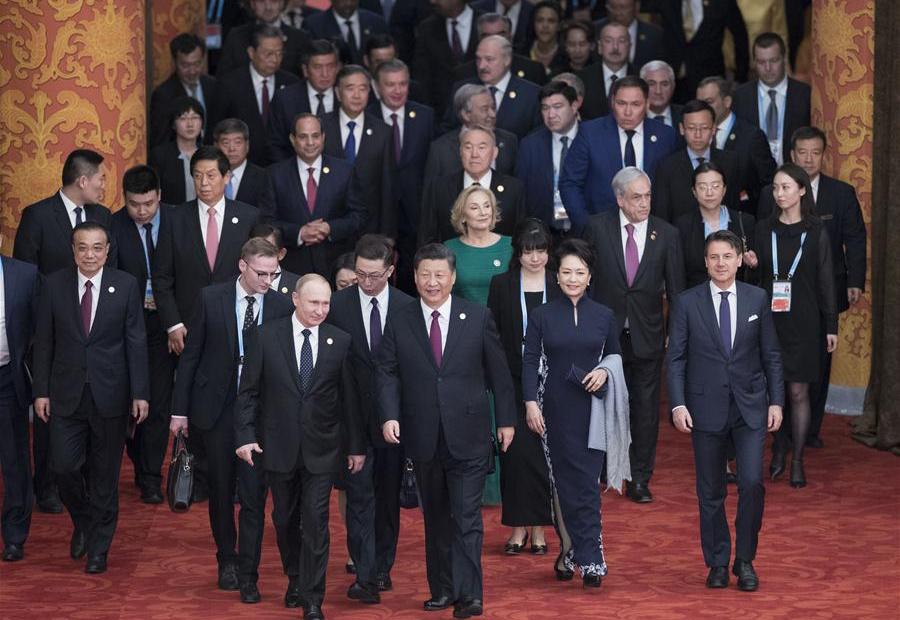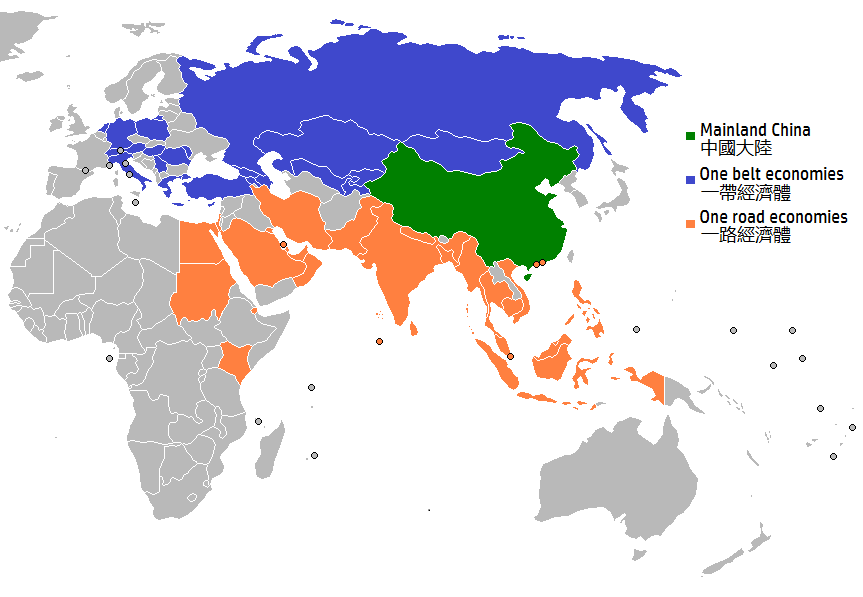Adnan Aamir, Journalist and Researcher, Islamabad, Pakistan
Oct 29, 2019
Due to Pakistan’s flawed policies, Iran has become the new favorite BRI country of China in the South Asian and Middle Eastern region.
Lily Hartzell, Freelance Journalist based in Beijing
Aug 06, 2019
China has the potential to help countries all over the world leapfrog over coal, but so far it has fallen short, contradicting the green rhetoric China has repeatedly used to describe BRI.

Richard Burchill, Director of Research and Engagement for TRENDS Research & Advisory, UAE
Jun 11, 2019
The Belt and Road Initiative is slowly evolving from a mere label describing various ad hoc projects into a formal institution. The Second Belt and Road Forum underscores progress in creating multilateral architecture.
Lucio Blanco Pitlo III, President of Philippine Association for Chinese Studies, and Research Fellow at Asia-Pacific Pathways to Progress Foundation
May 27, 2019
The second Belt and Road forum showed that despite persistent challenges, the initiative is an evolving one and will continue to gain international support. However, its success will depend on its ability to integrate and reconcile an increasing number of actors and interests.
Yasheng Huang, Professor, MIT’s Sloan School of Management
May 27, 2019
Critics often claim that China is using its massive “Belt and Road Initiative” as a form of coercive “debt-trap diplomacy” to exert control over the countries that join its transnational infrastructure investment scheme. This risk, as Deborah Brautigam of John Hopkins University recently noted, is often exaggerated by the media. In fact, the BRI may hold a different kind of risk – for China itself.
Teresa Kennedy, Master's student at Peking University's Yenching Academy in Beijing
May 17, 2019
It is impossible to predict the full environmental impact of the Belt and Road Initiative, so it is critical that Chinese authorities take full advantage of every opportunity to consciously build a greener Belt and Road.
Fu Mengzi, VP, China Institutes of Contemporary Int'l Relations
Zhang Jing, PhD student, China Institutes of Contemporary International Relations
May 14, 2019
Despite recent Belt and Road successes, including EU states joining, the China-led initiative still faces accusations of “debt-trap diplomacy.” The details of infrastructure projects in Sri Lanka and beyond, however, show that the Belt and Road is pushing for a new era of more equitable globalization based on “hard” and “soft” connectivity, without disrupting the existing rules and world order.

Ben Reynolds, Writer and Foreign Policy Analyst in New York
May 10, 2019
During the Second Belt and Road Initiative (BRI) Summit last month, the Chinese government notably shifted its focus and is now downplaying fears of debt encumbrance, corruption, and environmental degradation. But this should not distract us from the key fact that participation in the BRI continues to grow, including from traditional U.S. allies in Asia and Europe.
Giulio Pugliese, King’s College London, War Studies
Apr 29, 2019
Recently, Europe has been trying to redefine its economic relationship with China by taking a sterner approach towards its counterpart’s distorted market practice. In the process, China has softened its position out of necessity.

Sampson Oppedisano, Executive Assistant to the Dean, The Milano School of International Affairs, Management and Urban Policy
Apr 29, 2019
With the United States not offering the political and economic support Europe needs to offset China’s influence, leaders like Macron and Merkel face the challenge of retaining the multilateral global order today, while also engaging China on key economic and global issues.